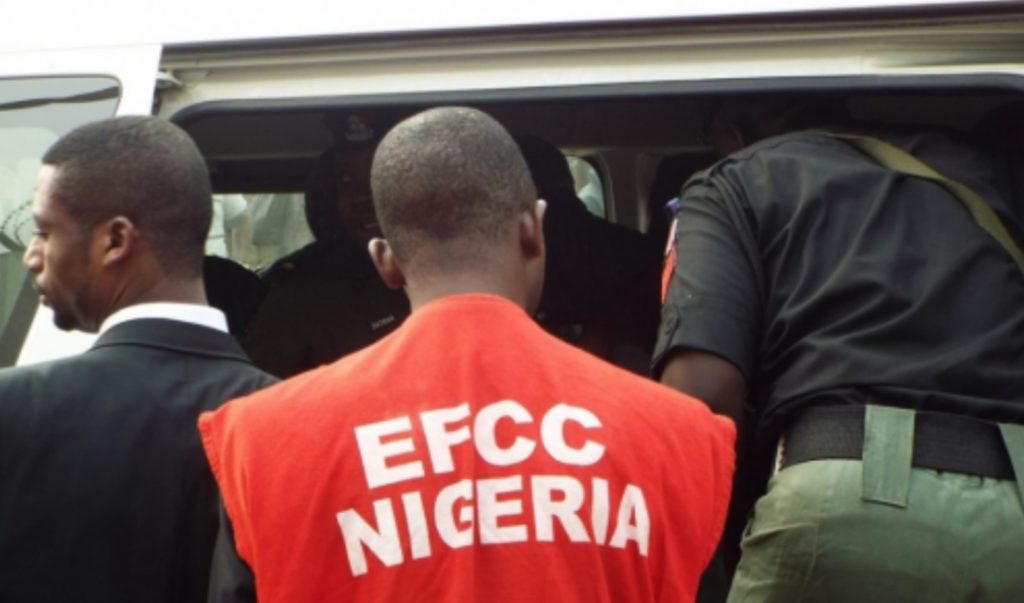The counsel to the suspended chairman of the Economic and Financial Crimes Commission (EFCC), Wahab Shittu has stated that the police can not be ousted from the anti-graft agency.
Ibrahim Magu, a commissioner of police is being investigated by a presidential panel headed by Ayo Salami who is a former president of the appeal court over alleged mismanagement of recovered assets.
In a statement released by Magu’s counsel on Tuesday, Shittu said his attention had been drawn to a media report that the Salami-led panel would recommend that the head of the EFCC should no longer come from the Nigeria police.
He also said it was reported that the panel would recommend that policemen should no longer be operatives of the EFCC.
This, the lawyer said, was beyond the panel as it has no power to make such changes.
According to Magu’s counsel, we had waited patiently for a rebuttal of this story. Unfortunately, the story has not been retracted, forcing us again to respond to the misleading report.
“As counsel of choice to Magu, our immediate reaction is one of shock that the panel could contemplate what is clearly outside its mandate for undisclosed reasons. Clearly, we are unable to understand how a judicial commission of enquiry constituted by law will arrogate to itself powers outside its statutory mandate including taking over the functions of the national assembly to amend the EFCC Act 2004.
“Our client, who is incorruptible and remains innocent of all the allegations levelled against him by his accusers, was appointed by President Muhammadu Buhari in line with the EFCC Act.
“We wish to state with high sense of responsibility that if the media report on the matter is true, it is dead on arrival as the appointment of the EFCC boss is clearly spelt out in section 2(1)(a)(i-ii) of the EFCC Act 2004.”
He said for the avoidance of doubt, the law states that the EFCC chairman should be a serving or retired member of any government security or law enforcement agency not below the rank of an assistant commissioner of police.
Magu’s counsel explained that it would appear that the panel is setting out to work contrary to the terms of its reference.
The lawyer wondered why the panel would “sit in private when the instrument signed by the president specified public sitting?”
Shittu, who sought to know who ordered Magu’s detention and why he was held for 11 days, accused the panel of calling in witnesses when his client had already concluded his defence.
He added that the fundamental principle of fair hearing to which Magu is entitled to has been violated.
